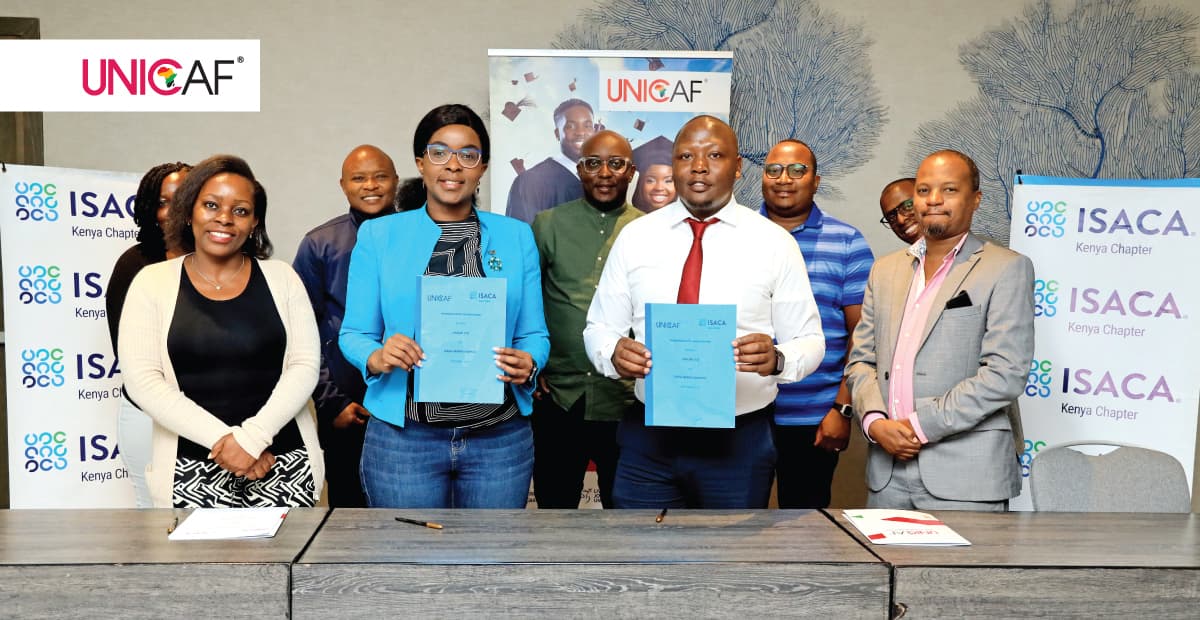We're loading the full news article for you. This includes the article content, images, author information, and related articles.
Drawn by a robust economy and strategic tax advantages, a growing number of Kenyan professionals are relocating to Mauritius, signalling a new wave of skilled migration that presents both opportunities and challenges for Kenya's workforce.

A growing community of Kenyan professionals is swapping Nairobi’s bustling cityscape for the tranquil shores and thriving economic landscape of Port Louis, Mauritius. While official figures on the exact size of the Kenyan diaspora in Mauritius remain unconfirmed, reports from recruitment agencies and personal testimonials point to a significant influx, particularly within the island nation's flourishing financial services, technology, and auditing sectors. This migration is driven by Mauritius's status as a stable, upper-middle-income economy and a key international financial hub for Africa and Asia.
Mauritius offers a compelling package for skilled expatriates: a sophisticated lifestyle, political stability, and significant career opportunities. According to Gilbert Njenga, a Kenyan professional who relocated to the island, opportunities in tech and finance are plentiful for those who are proactive. Susan Muia, another Kenyan expatriate working as an internal auditor, noted that the job market can be more relaxed than in Kenya, with a demand for foreign talent as many locals seek opportunities in Europe.
The movement of skilled labour and capital between Kenya and Mauritius is facilitated by a series of bilateral agreements. A key, though complex, component has been the Double Taxation Agreement (DTA). First signed in 2012 and later revised, the agreement aims to prevent individuals and companies from being taxed on the same income in both countries, thereby encouraging cross-border investment. The most recent version was gazetted by Kenya in June 2020. However, as of early 2024, Mauritius had not yet completed its ratification process, leaving the treaty's full implementation pending, according to a statement from the Kenyan Treasury.
Despite the delay, Mauritius's favourable tax regime—with a base corporate tax of 15% (which can be lower under specific incentives), no capital gains tax, and no inheritance tax—makes it an attractive jurisdiction for Kenyan businesses and high-net-worth individuals to set up trusts and investment vehicles. This has spurred significant investment from Mauritian firms into Kenya, particularly in the financial and agricultural sectors. Trade between the two nations remains substantial, with Mauritius exporting $38.2M to Kenya and Kenya exporting $14.5M to Mauritius in 2023, according to data from The Observatory of Economic Complexity.
For many Kenyans, life in Mauritius offers a welcome change of pace. The lifestyle is often described as calmer and slower compared to the hustle of Nairobi. Michelle Kinda, a 26-year-old Kenyan working in higher education on the island, described her life as a balance of part-time work and full-time fun, with activities like salsa, pilates, and beach outings filling her schedule. The country is multicultural, with English and French widely spoken, and is considered one of the safest nations in Africa.
However, the move is not without its challenges. The cost of living can be high, particularly for housing and imported goods. A single expatriate can expect to spend around €900 (approx. KSh 126,000) per month, while a family of four may need about €2,600 (approx. KSh 364,000). Rental for a one-bedroom apartment near a city centre can be around KSh 45,000 to KSh 80,000. Other challenges include a limited and sometimes crowded public transport system, the prevalence of Mauritian Creole as the main spoken language, and the potential for social isolation or a lengthy integration process into close-knit local communities.
The migration of skilled Kenyan professionals to Mauritius presents a dual narrative for Kenya. On one hand, it underscores the global competitiveness of the Kenyan workforce and creates opportunities for valuable remittances and knowledge transfer. The presence of Kenyans in a key African financial centre can strengthen economic ties and open new markets for Kenyan businesses.
On the other hand, it raises concerns about brain drain, as highly qualified individuals in critical sectors like finance and technology seek opportunities abroad. This trend highlights the need for Kenya to continue fostering a competitive domestic environment that can retain top talent. The ongoing efforts to streamline trade and investment through bodies like the Joint Kenya-Mauritius Trade Commission are crucial steps in ensuring the relationship is mutually beneficial, fostering growth in both economies while addressing the legal and economic factors that drive this migration.
Keep the conversation in one place—threads here stay linked to the story and in the forums.
Sign in to start a discussion
Start a conversation about this story and keep it linked here.
Other hot threads
E-sports and Gaming Community in Kenya
Active 9 months ago
The Role of Technology in Modern Agriculture (AgriTech)
Active 9 months ago
Popular Recreational Activities Across Counties
Active 9 months ago
Investing in Youth Sports Development Programs
Active 9 months ago